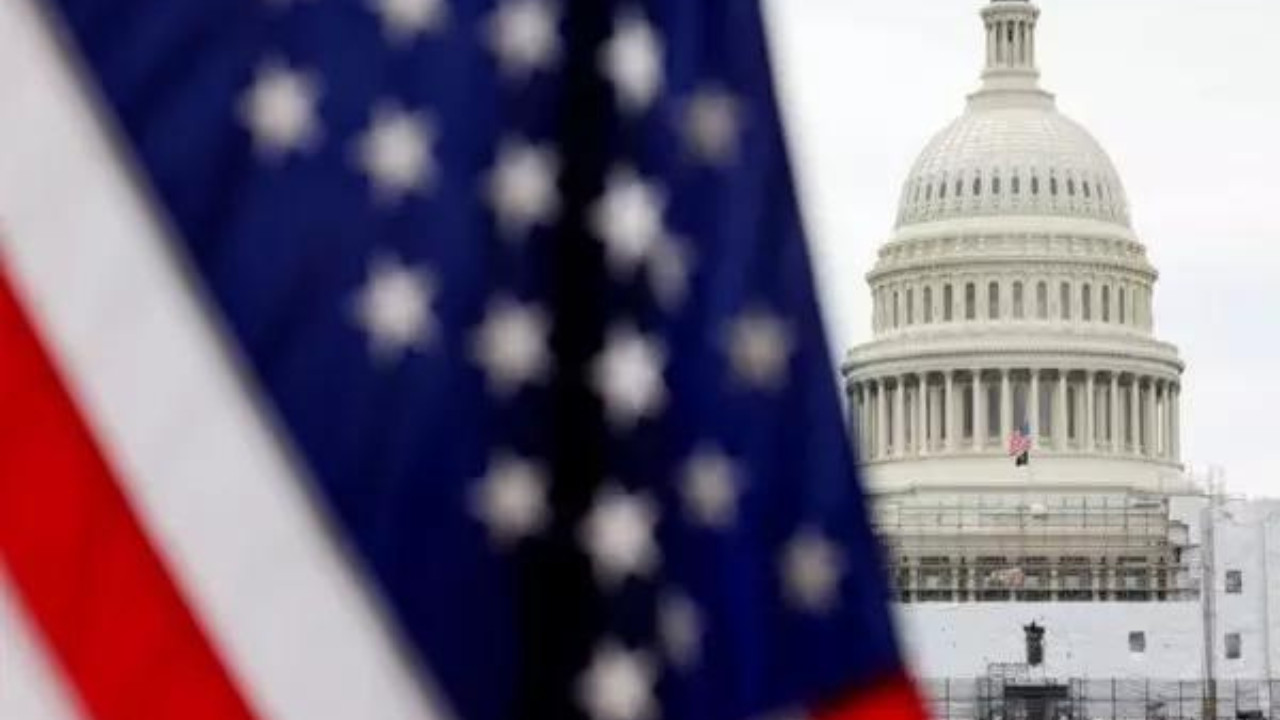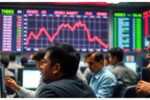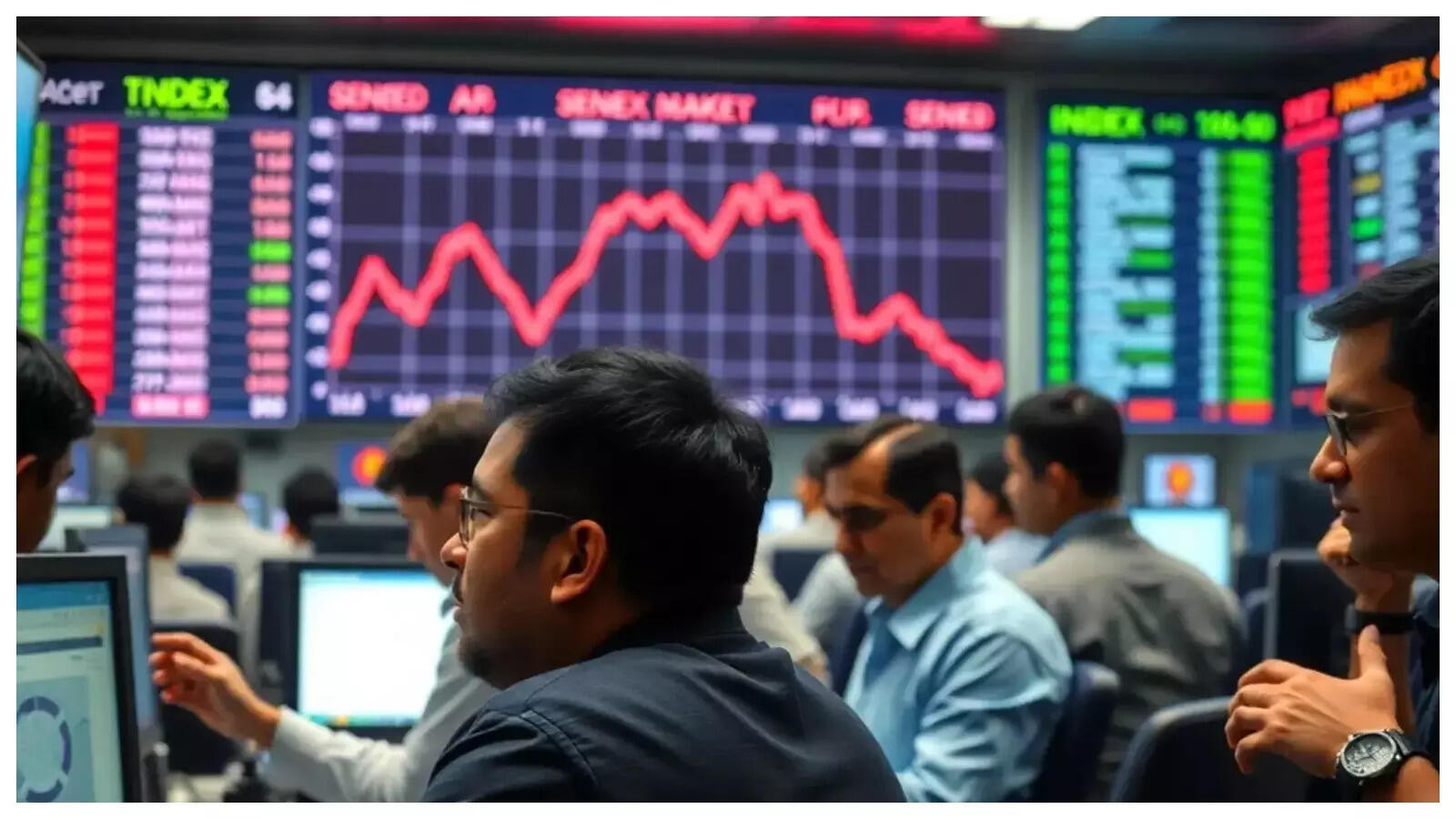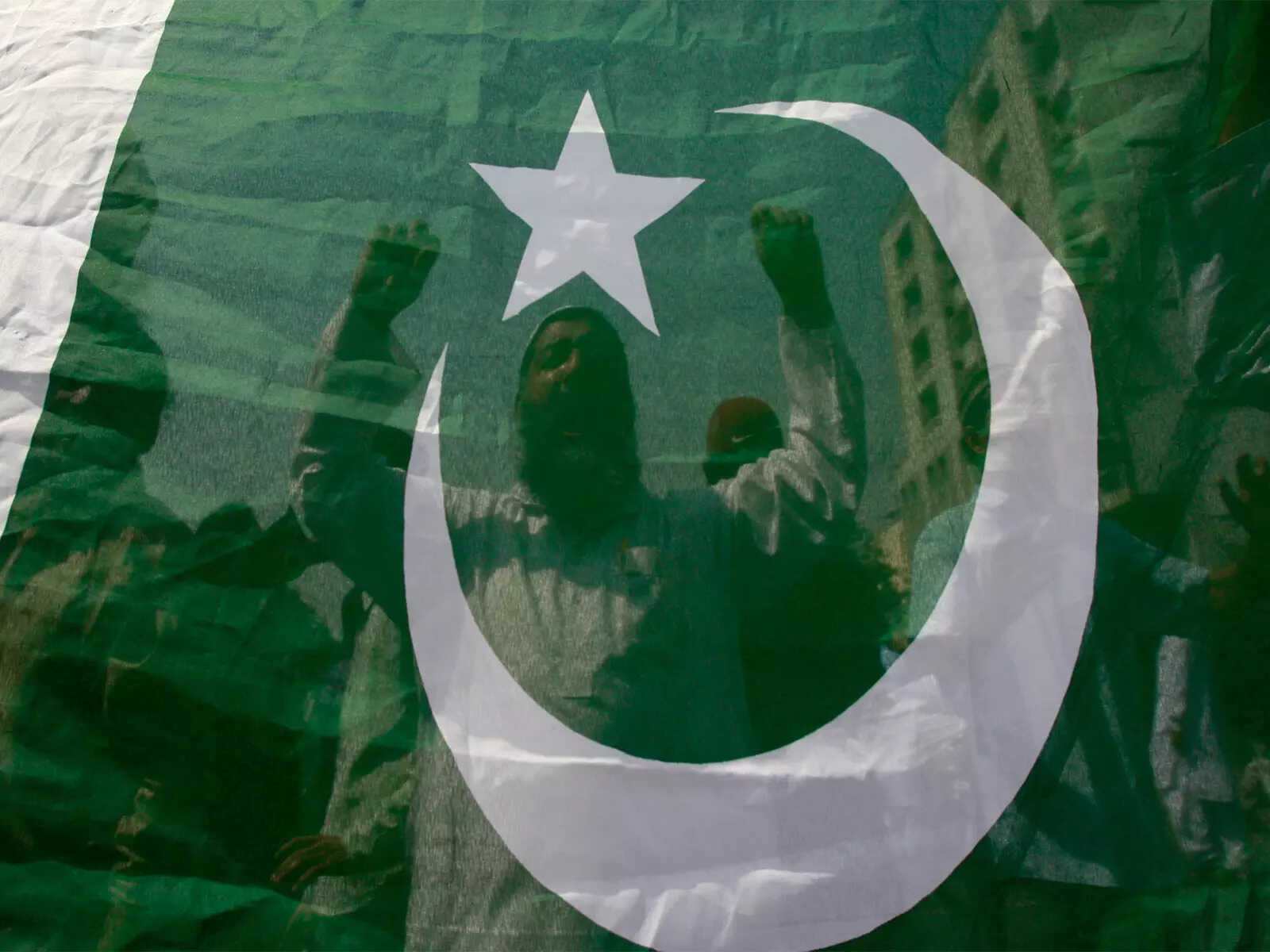Nomura Research Institute’s analysis reveals that trade tariff uncertainty under President Trump is causing businesses to postpone or reduce investments, potentially leading to a global economic slowdown. The unpredictability of US trade policy is dampening investor sentiment, with financial markets experiencing declines in equities, bonds, and the dollar.
Trump’s Trade Tango: Are Tariffs Dancing Us Towards a Downturn?
Alright, let’s talk economics. But not the dry-as-dust, spreadsheet-laden kind. Let’s talk about real-world impact, the kind that hits businesses, affects jobs, and ultimately, rattles all our wallets.
Remember the “America First” mantra? While the sentiment might resonate with some, a recent report from Nomura is whispering a rather unsettling reality about one of its core tenets: Donald Trump’s trade policies, specifically his penchant for tariffs, might be doing more harm than good on the global stage.
Now, I’m no economist, but I do have a keen interest in how the world works, and this report has definitely piqued my curiosity (and a healthy dose of concern). The headline? Tariff volatility is scaring businesses into keeping their wallets shut, leading to a slowdown in investment. And that, my friends, is a slippery slope.
Think about it. You’re running a business. You’ve got plans for expansion, new equipment, maybe even hiring more people. But then BAM! Suddenly, tariffs get slapped on key materials you need. Or worse, they’re threatened, leaving you dangling in uncertainty. Do you risk pouring money into something when the ground beneath you feels like quicksand? Probably not. You hunker down, wait it out, see what happens.
That’s precisely what Nomura suggests is happening on a much larger scale. This “tariff tango,” as I’m dubbing it, creates a climate of pervasive uncertainty. Businesses become hesitant to commit to long-term investments because they simply can’t predict what the trade landscape will look like tomorrow, next month, or next year. It’s like trying to build a house on a foundation of sand – risky and ultimately, unsustainable.
The report doesn’t shy away from the potential consequences either. Reduced investment translates into slower economic growth. And slower economic growth can trigger a domino effect, impacting employment, consumer spending, and even triggering a wider global recession. The report explicitly mentions that the tariff volatility could be a significant factor in bringing about a global economic slowdown. Heavy stuff, right?
Now, proponents of tariffs often argue they’re a necessary tool to protect domestic industries, level the playing field, and bring jobs back home. And, to be fair, there can be valid arguments for targeted trade measures. But what Nomura is highlighting is the inherent unpredictability of Trump’s approach. It’s not about strategically deployed tariffs to address specific issues; it’s about a pattern of impulsive announcements and sudden shifts that leave businesses scrambling. This lack of consistency is the real culprit.
Think of it like this: A well-aimed punch can land a knockout blow. But a flurry of wild, erratic punches, while perhaps intimidating, are more likely to exhaust the boxer and leave them vulnerable.
The report also points out that the impact isn’t limited to the US. Because the global economy is so interconnected, trade disruptions in one region can quickly ripple outwards, affecting countries and industries far removed from the initial point of conflict. We’re all tied together in this global economic dance, and if one partner stumbles, the others feel the pull.
So, what’s the takeaway? Well, it’s a reminder that trade policy isn’t just an abstract concept confined to boardrooms and government offices. It has real-world consequences for all of us. It affects the prices we pay for goods, the jobs we hold, and the overall health of the economy.
While it’s impossible to say with certainty what the future holds, this report serves as a valuable cautionary tale. It underscores the importance of stability, predictability, and a measured approach to trade. It suggests that a more consistent and collaborative approach to trade policy is needed to foster sustainable economic growth and avoid potentially disastrous outcomes.
Ultimately, the goal of any trade policy should be to create a level playing field and promote healthy competition, but not at the expense of stability and long-term prosperity. The report implies that Trump’s tariff volatility might be doing the opposite, and that’s a cause for serious concern. It’s a complex issue, no doubt, but one that demands attention and thoughtful consideration. After all, our economic well-being, and perhaps even the global economy’s future, could depend on it.
📬 Stay informed — follow us for more insightful updates!







